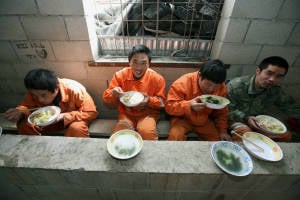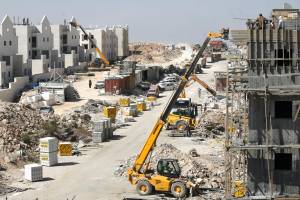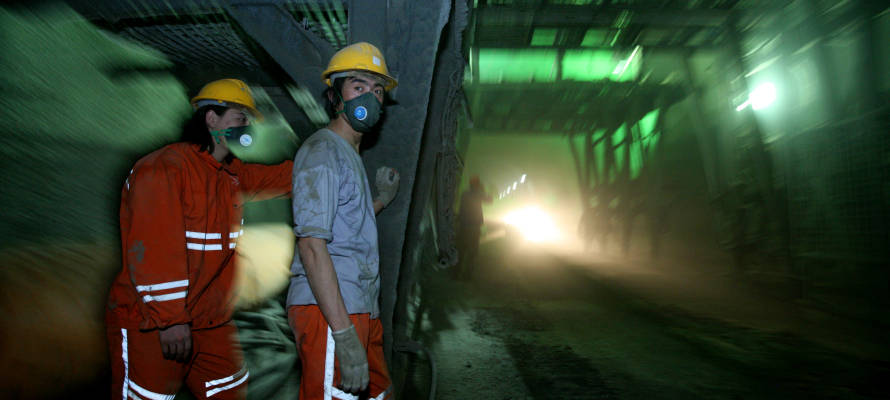China, citing safety concerns, is requesting that its citizens working as construction workers not be employed in Judea and Samaria as part of a bilateral agreement with Israel on workers’ rights.

Chinese construction workers on break in Haifa, Israel. (Moshe Shai/FLASH90)
China is demanding that its construction workers only be employed within the Green Line as part of bilateral negotiations with Israel intended to protect workers’ rights. China insists that this is out of concern for their safety and not a political statement on settlements.
Israel is in the process of negotiating a series of bilateral agreements on conditions for foreign laborers as the result of complaints by workers to the Israeli High Court of Justice and low scores from the US State Department on Israeli labor practices. Israel has agreements with Romania, Moldova and Bulgaria for construction workers and with Thailand and Sri Lanka for farm workers, and is negotiating with Sri Lanka and Nepal on home health aids.

Homes under construction in Beitar Ilit. (Nati Shohat/Flash90)
According to Kav LaOved, a workers’ rights organization cited by Haaretz, the abuse of Chinese construction workers stems from the practice of direct negotiations between private Israeli companies and Chinese labor firms. The Chinese firms would demand illegal commissions of up to $30,000 for a visa to be paid by the foreign worker. Given that construction workers typically earn $1,300-$1,800 a month, this debt essentially left workers beholden to their employers.
Israel currently has 45,000 foreign construction workers, and the government has authorized increasing this number by 8,000 and then 15,000 for the purpose of accelerating home construction. Home ownership is out of reach for most Israelis due to the scarcity of land and the relatively high rate of population growth. Signing an agreement with China is critical to meeting the need for construction workers.
China is stipulating that its workers be employed only within 1967 borders. This would not have much of an economic effect as only three percent of home construction is carried out in the other areas. However, acceding to this demand would be politically challenging for Prime Minister Benjamin Netanyahu in light of current anti-settlement efforts by the European Union.
By: Sara Abramowicz, United with Israel
